Nepal Blindness Survey conducted in 1981 revealed that 0.84% of the Nepali populations are blind and 1.7% has unilateral blindness. Besides, 90% of the blinds reside in rural areas therefore blindness is really a serious public health imposing a social as well as economic burden to our country. In order to reduce the global burden of blindness, the World Health Organization (WHO) and a broad coalition of international, non-governmental and private organizations launched, a global initiative “Vision 2020: The Right to Sight", in Geneva on 18th February 1999. Similarly, the South East Asia Region (SEARO) declared on 30th September 1999 for member countries to come forward with strategies and guidelines for the elimination of avoidable blindness from the region by 2020. Nepal Eye Program was officially launched in July 1992 to support the prevention of blindness program in Nepal. The Tilganga Institute of Ophthalmology is th..
Meet our experienced teachers.
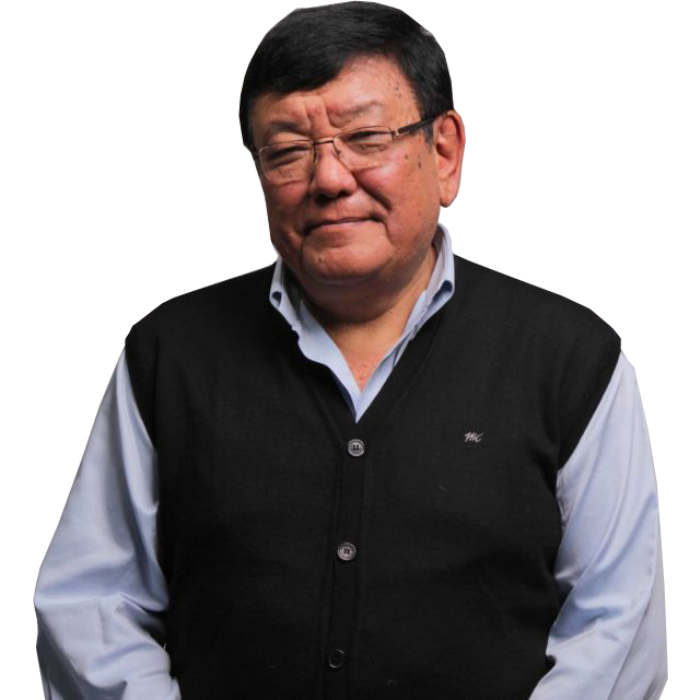
Dr. Ruit eventually graduated at the top of his class at All India Medical College and pursued an ophthalmic fellowship in Australia, where he was introduced to a remarkable procedure to reverse cataract blindness. With this inspiration, he returned to Nepal, and in 1992, Dr. Ruit founded Tilganga eye clinic in Kathmandu, intent on providing access in his home country to the same high-quality care he had experienced abroad (at the time, Nepal had one of the highest rates of blindness in the world). Dr. Ruit expanded his clinic from restoring sight for 75 patients/week to what has become the Tilganga Institute of Ophthalmology, Nepal’s national Center of Excellence, treating up to 1500 patients a day and training hundreds of surgeons, ophthalmic nurses and bio-engineers from over 43 countries to tackle the elimination of needless cataract blindness on a global scale.

She was awarded for a short course in Tropical Ophthalmology from the Institute of Ophthalmology, Moorfields Eye Hospital, London (1990), and successfully completed the University of Wales’ Course on Clinical Refraction (1989) and Course on Lasik (2000). Dr. Reeta completed her studies in General Medicine from 1st Pavlov Medical Inst. Leningrad, USSR (1984), and obtained a MSC (Ophthalmology) from Bristol University (1990). She was awarded a fellowship in Cornea and External Eye Diseases from the Eye Hospital Rotterdam, Holland (2001) and a MSC in Community Ophthalmology from London School of Hygiene and Tropical Medicine, the UK (2006). Dr Reeta has worked across diverse and varied settings, including at the Royal Eye Infirmary, Plymouth, UK; Department of Ophthalmology, Cheltenham, General Hospital, UK; Nepal Eye Hospital and Maternity Hospital; and the United Mission Hospital.

Prof. Dr. Poudyal is the Academic Chief, Academic and Training Department and Retinal Surgeon in Tilganga Institute of Ophthalmology (TIO). He is the Professor and co-coordinator of Subject Committee, Ophthalmology in National Academy of Medical Sciences (NAMS). He completed his MD in Ophthalmology from Institute of Medicine, Tribhuvan University, Nepal in 1996. He pursued a highly prestigious postgraduate one year clinical fellowship in vitero-retina at Royal Victorian Eye & Ear Hospital, Australia in 2000.
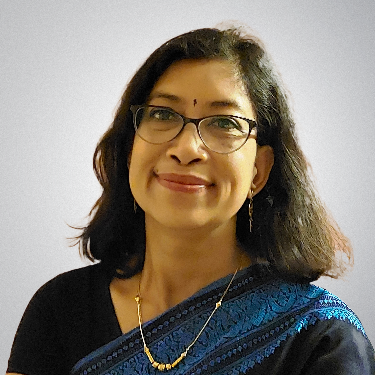
Dr. Anu Manandhar is a senior consultant ophthalmologist and recognized expert in uveitis and cataract surgery. She is Professor in Ophthalmology, NAMS and also the Head of the Uveitis Department and leads both the Academic and Training Departments at Tilganga Institute of Ophthalmology (TIO). In addition to her clinical and academic roles, she is the MD Program Coordinator and a member of the NAMS Subject Committee and Research Grant Committee.
Dr. Manandhar contributes to the advancement of ophthalmic education and research as a Section Reviewer for the Nepalese Journal of Ophthalmology, a TIO IRC Member, and a Standing Committee Member of the APAO Ophthalmic Education Committee. She is also a recipient of APAO Distinguished Service award in 2024.
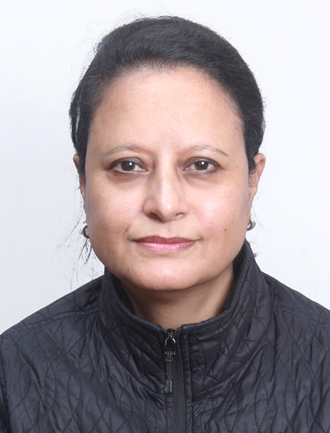
Dr. Eli Pradhan is a senior Medical Retina consultant and Associate Professor of Ophthalmology, NAMS.
She is a leading figure in ophthalmic research and education in Nepal. She is In-Charge of the Fellowship Program and of Intraocular Lens (IOL) Lab Research. Besides, she is the lead of the Retinopathy of Prematurity (ROP) services of the institute. She is also an active member of the Institutional Review Committee (IRC).
In the academic arena, Dr. Pradhan is the Chief Editor of the Nepalese Journal of Ophthalmology and serves on multiple international committees, including the APAO Standing Committees for Women in Ophthalmology and Fellowship Programs. She is also a Council Member of the SAARC Academy of Ophthalmology (SAO) and the past president of Nepal Vitreo retina society.
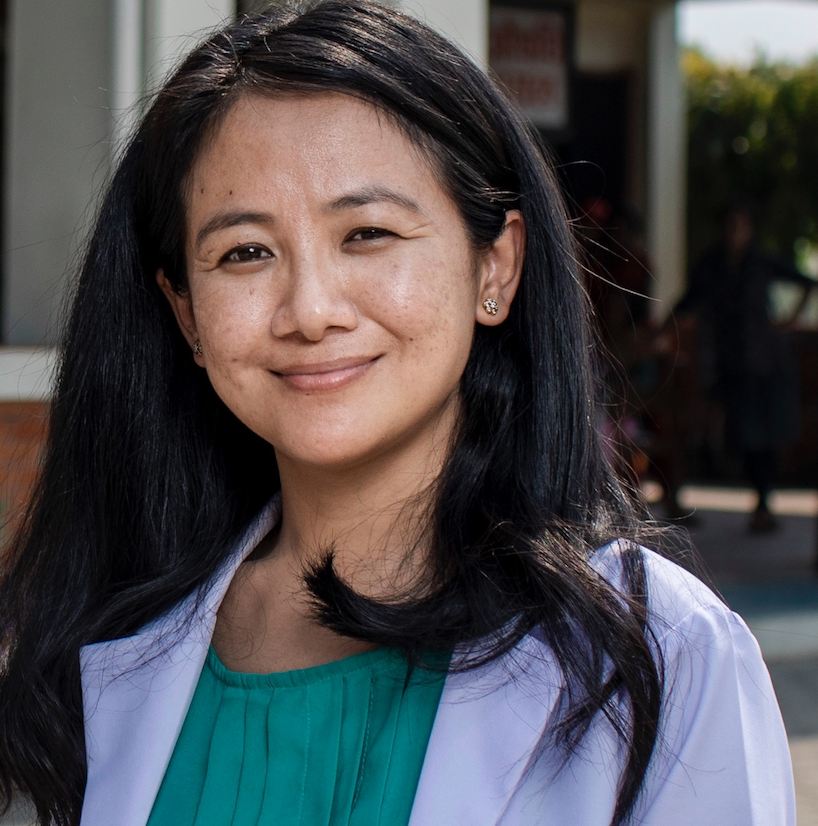
Dr. Ang J. Lama is a dedicated pediatric ophthalmologist committed to enhancing children's vision health. With a profound understanding of childhood eye conditions, Dr. Lama specializes in diagnosing and treating a wide range of pediatric eye diseases, including congenital cataract, cortical visual impairment (CVI), strabismus, and refractive errors. Her compassionate approach ensures that each young patient receives personalized care aimed at optimizing visual development and quality of life. Dr. Lama is also actively involved in community outreach and awareness programs.

Centre for Woman and Child health (CWCH), Ashulia, Dhaka, Bangladesh
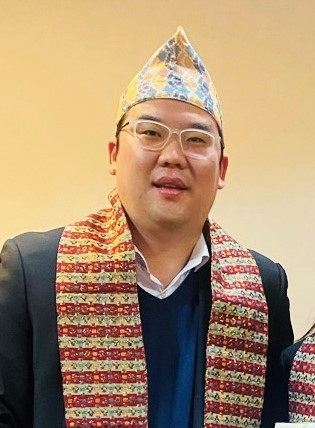
Lecturer at Department of Ophthalmology, Mongolian National University of Medical Sciences